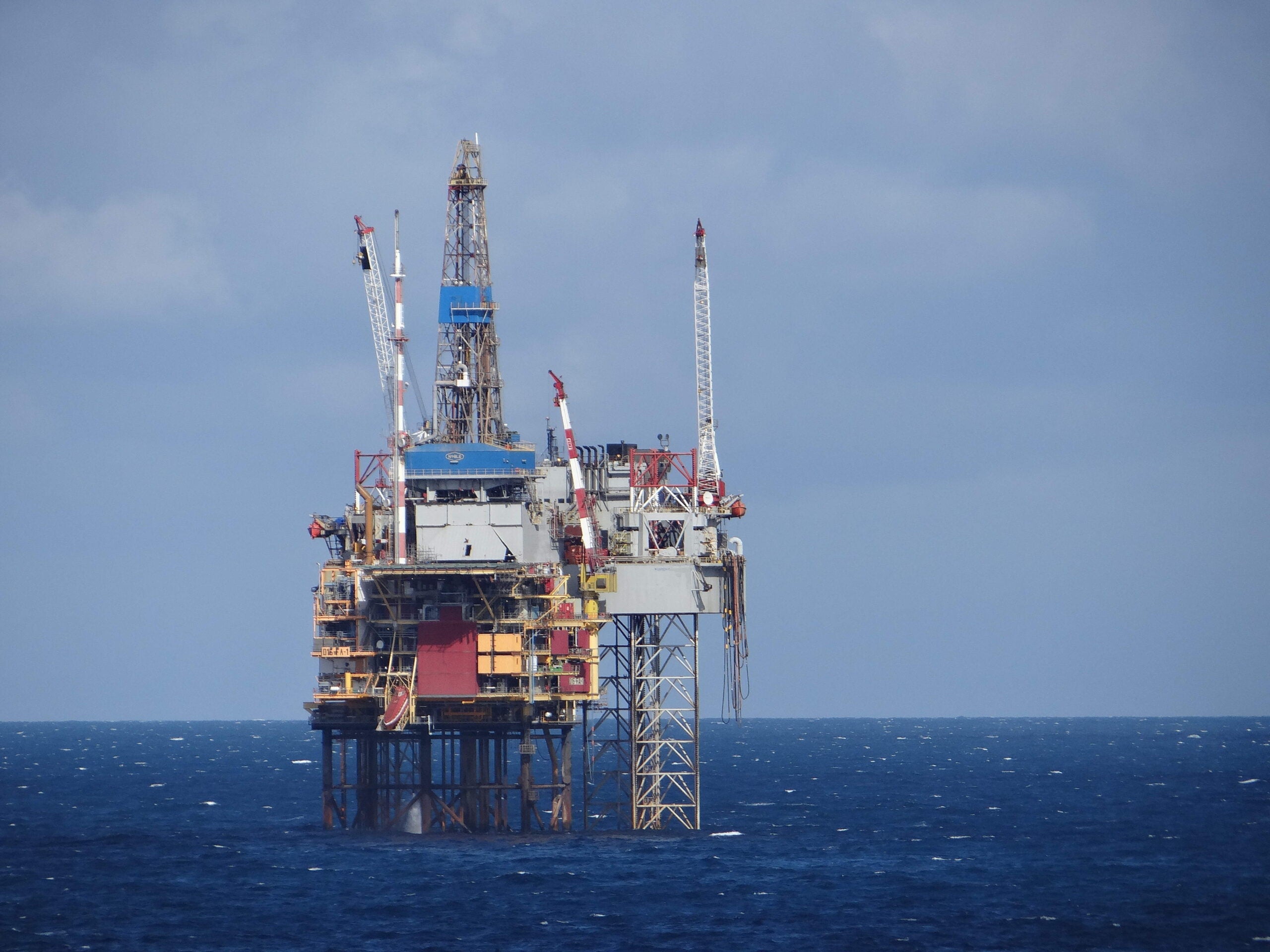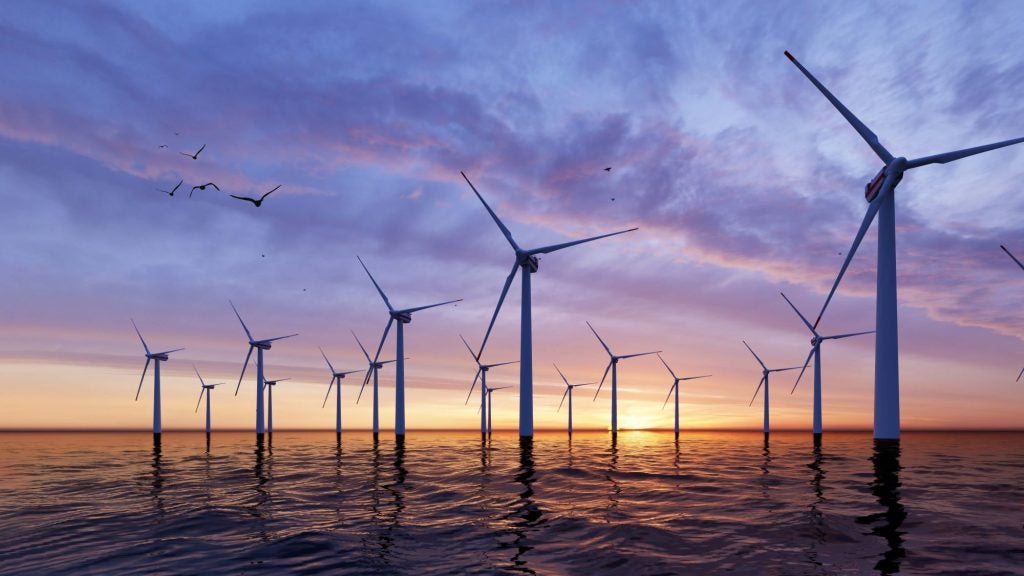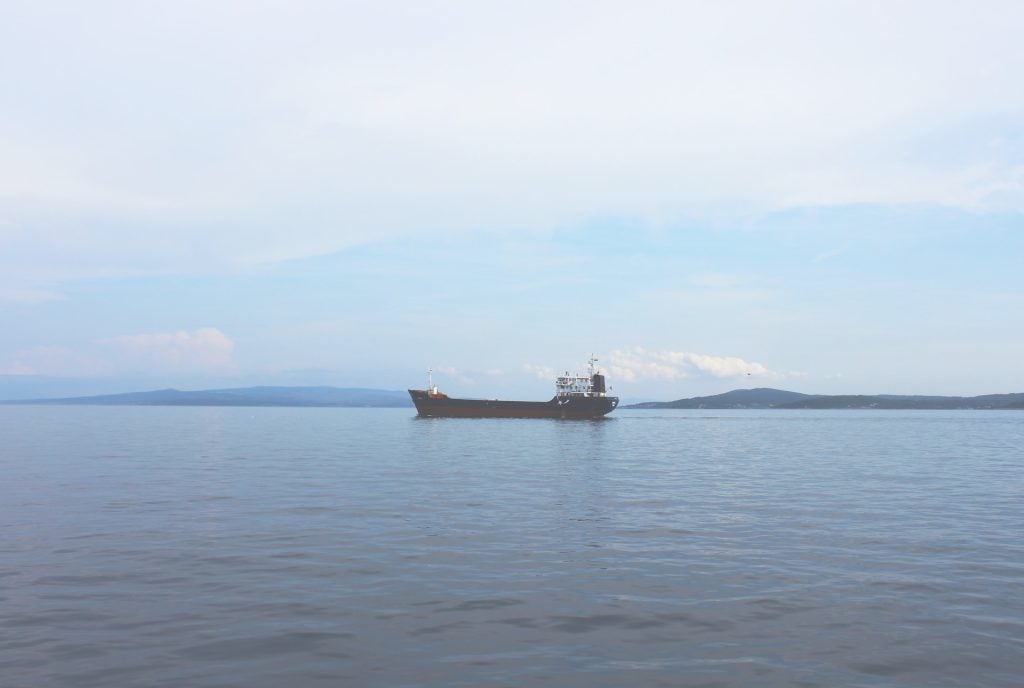
The Edinburgh Geological Society was formed in 1834 with the aim of stimulating public interest in geology. Issue 62 of its magazine, The Edinburgh Geologist, published in October, certainly did that.
It contained a report by Edinburgh University that predicted the UK’s oil and gas reserves could run out in as little as a decade, that fracking is not viable in Scotland and barely feasible in the UK thanks to a dearth of suitable geology, and that the UK will soon have to import all its oil and gas.
Professor Roy Thompson of Edinburgh University’s School of Geosciences also concluded that only 10% of the UK’s original recoverable oil and gas remains, roughly 11% of oil and 9% of gas resources.
Deirdre Michie, CEO of industry body Oil & Gas UK responded that some of the largest fields in the North Sea would still be producing in 2050. The government said it did not “recognise” the figures.
UK Onshore Oil and Gas CEO Ken Cronin also weighed in, accusing Thompson of making “sweeping assertions” about fracking in Scotland. The controversy was picked up by national newspapers and TV stations on both sides of the border. Public interest had, it’s safe to say, been stimulated.
“When one drills down into claims that reserves will last to mid-century such assertions are quickly revealed to have no real basis and to be little more than hopeful aspirations,” says Thompson.
How well do you really know your competitors?
Access the most comprehensive Company Profiles on the market, powered by GlobalData. Save hours of research. Gain competitive edge.

Thank you!
Your download email will arrive shortly
Not ready to buy yet? Download a free sample
We are confident about the unique quality of our Company Profiles. However, we want you to make the most beneficial decision for your business, so we offer a free sample that you can download by submitting the below form
By GlobalData“I surmise that some folk simply haven’t come to terms with the situation that previously declared reserves are being written off. They have still to grasp that while modest, new fields continue to be discovered the overall ultimately recoverable resources (URR) is in decline – a trend that began, for offshore gas, as far back as 1998.”
Geology vs optimism: the Edinburgh University report explained
It is important to differentiate between ‘reserves’ of oil and gas, which are identified in location and quantity − and are therefore relatively easy to factor into supply chains and rates of consumption) − and ‘resources’ which often cannot be quantified without long-term geophysical and geologic study.
Thompson’s time-series analysis of Oil and Gas Authority data on reserve depletion revealed that discoveries consistently lagged behind output since the point of peak oil recovery in the late 1990s.
“A persistent, long term downward trend in URR has taken place,” he explains. “Obviously, reserve estimates change as extraction technologies improve, as markets evolve, and as oil and natural gas are produced. However, politicians like good news and the media like strong stories.
“So long-term trends, especially downward trends, get lost among more newsworthy items involving new discoveries. In short, it is vital to let the full data record speak for itself.”
The offshore industry is speculative by nature. So when the Scottish Government says there are “up to 20bn bboe remaining” on the UKCS it is, at best, a calculated guess. Thompson prefers hard data.
“My view is that geology trumps optimism,” he says. “For example, it is instructive to look back at claims made during the most recent Scottish Independence referendum, such as “new techniques could add an estimated 21bn barrels”. Why were the admonishments made by Sir Ian Wood in 2014, as counters to the pronouncements, such a lonely voice?”
“My conclusions are data driven,” he continues.” Take offshore gas (see Figure 1). The red triangle highlights my forecast. Gas production rapidly tapers to zero over the next ten years. Offshore oil decline follows a not dissimilar pattern (see Figure 2). The dramatic falls arise from the dual effect of a persistent downward revision in URR alongside depletion from production – the classic double whammy situation, where two unfavourable conditions exist at the same time.”
Fractured Britain: is fracking feasible in the UK?
Thompson is equally pessimistic about domestic fracking. Using US production data, comparative data on UK and US shale geology and production decline modelling, he concludes that a shale gas revolution in the UK similar to the one that has made the US energy independent is very unlikely.
“In practical terms I applied a statistical analogue test, alongside a polynomial regression analysis,” Thompson explains. “The work revealed no clear match between UK geology and any of the top US shale-gas plays.
“It needs to be recognised that North American plays were formed by a very particular and unusual coincidence of palaeogeographical, palaeoclimatic, local-tectonic and plate-tectonic circumstances.”
Thompson points out that many possible fracking sites in Scotland and the UK are located in densely populated areas, and are characterised by low-quality source rocks and complex geological histories.
“For fracking to be successful eight key geological prerequisites need to be met,” he explains. “These requirements can be used to discount one UK region after another. In Scotland − which has thin, clayey, shallow shales, complex geology and significant faulting – the situation is particularly poor.”
Renewable future: transitioning from fossil fuels to renewables
At present, 50% of the UK’s gas is imported from abroad, a figure that is expected to rise to 80% in the next 17 years, a major reversal compared with the year 2000, when the UK was a gas exporter.
If Thompson’s predictions prove correct, the UK will soon be importing almost all of its oil and gas, despite Statoil’s recent discovery in the Moray Firth, two high-profile BP projects, Clair Ridge and Quad 204, Hurricane Energy’s Greater Lancaster Area development, and an upsurge in M&A activity and asset transfers between established players on the UKCS and start-ups backed by private equity.
Thompson also suggests that the UK Government’s ongoing energy cost report – the Helm Review – should take stock of the projected shortfall in resource availability and how this might be addressed.
“Dieter Helm’s report into the ‘Cost of Energy’ contains much to like,” he says. “However the Helm strategy is heavily dependent on gas prices remaining low or subdued, and on economically viable fracking continuing in the US and taking off in the UK.”
Thompson believes that the transition away from fossil fuels towards a clean economy must be accelerated. He worries that unless we seize the opportunity now to accelerate the development of renewable alternatives, we will face problems of maintaining stability and constancy of supply within a decade.
“Once the principle is conceded − that cumulative production is rapidly approaching the ultimate recoverable reserve − it becomes evident we need to face up to a very different future,” he says.
“We can plan to import vast quantities of oil and gas and hope, as a consumer, that the price stays low or even drops. Another plan would be to trust research and still emerging techno-fixes in the hope that a new energy technology can develop apace and become a genuine commercial success by delivering at scale.
“Alternatively, we can plan to go green. In Scotland, we have good potential for carbon capture and storage, offshore wind, for tidal, and for energy storage using compressed air, while solar is improving all the time.
“It is not good enough for Oil and Gas UK to simply preach ‘It is high time we stopped talking down this industry and instead got right behind it’, he concludes. “Instead, we urgently need to face up to the practicalities of the double whammy − downward revisions in URR alongside continuing reserve depletion from production – leading to rapid exhaustion of the remaining UK offshore reserves.”







